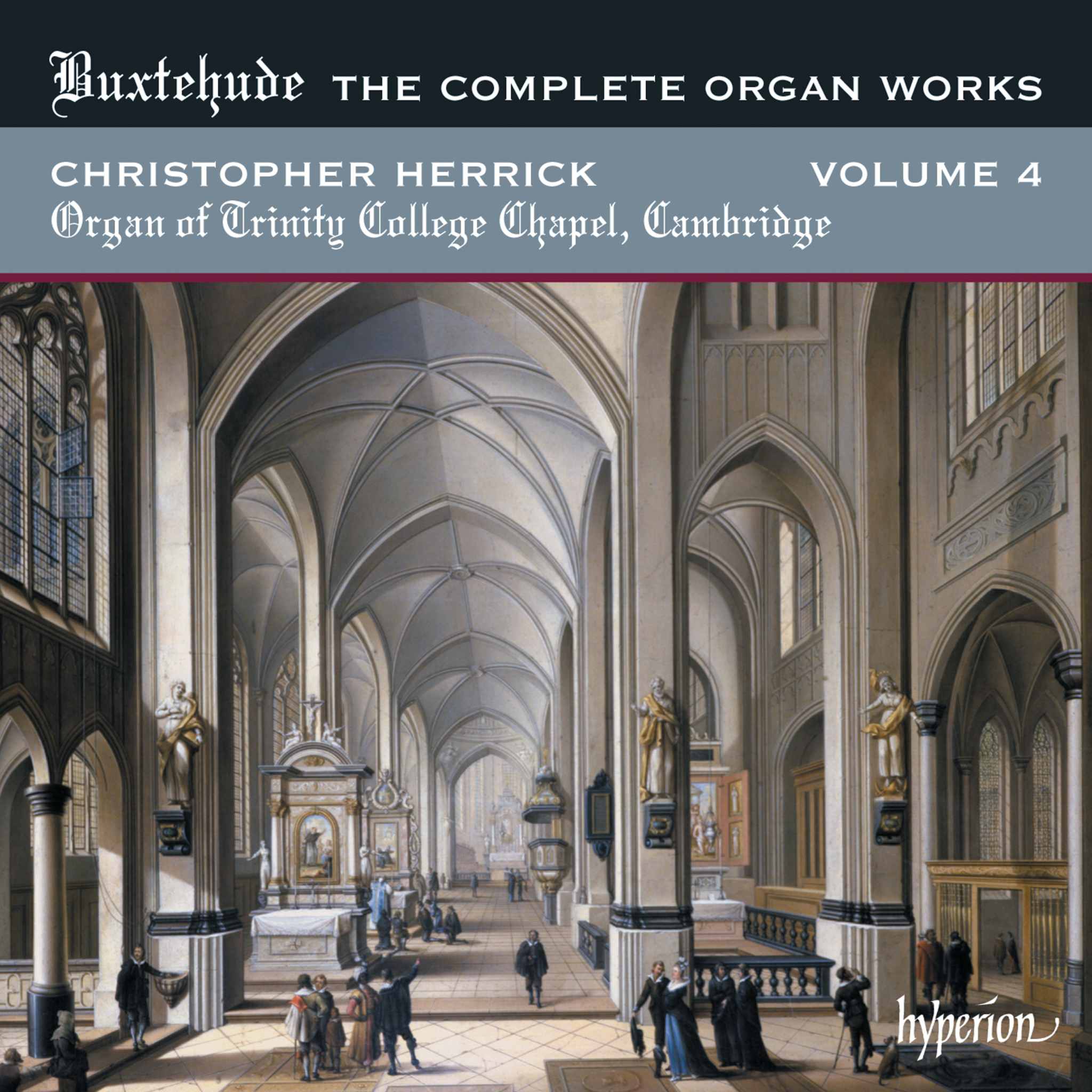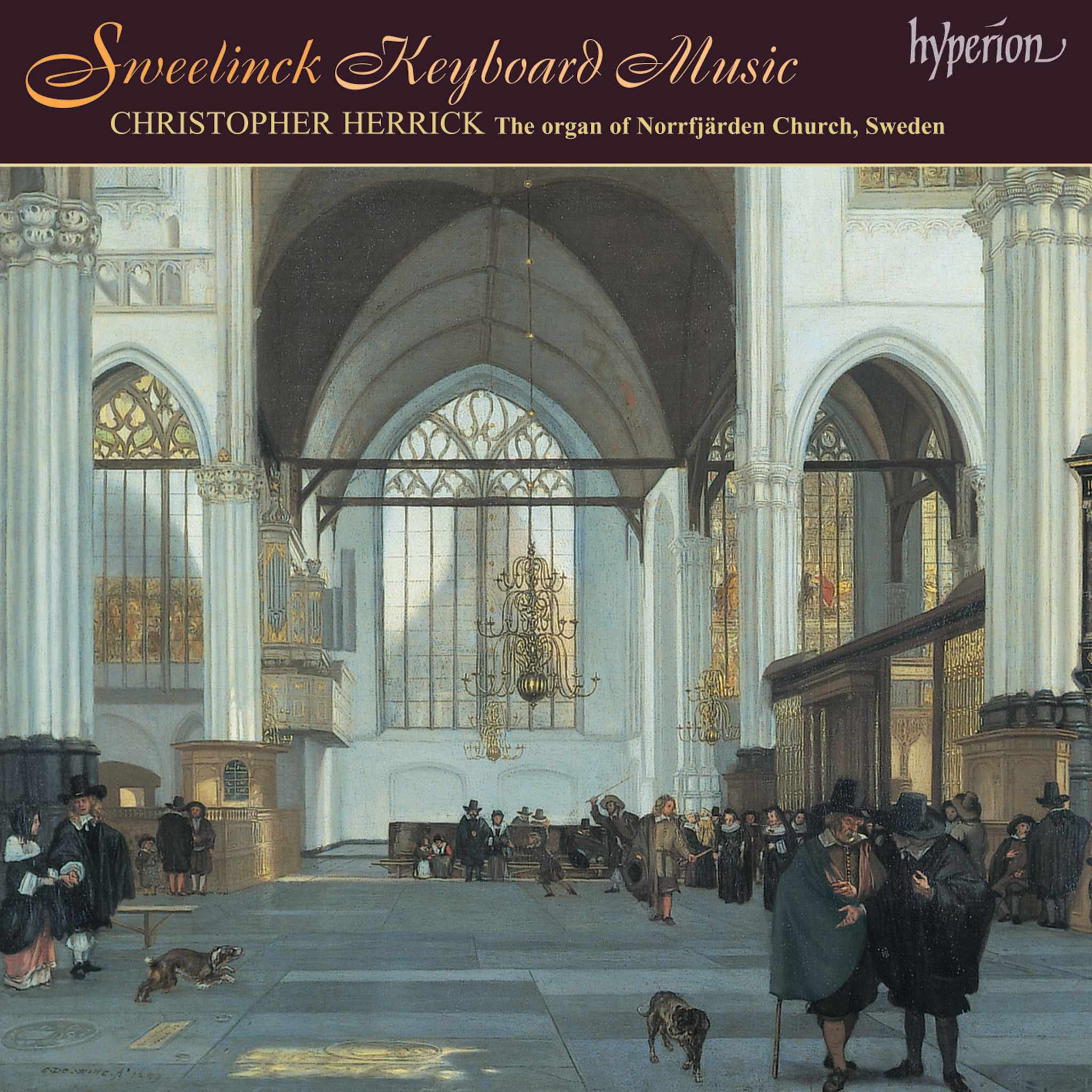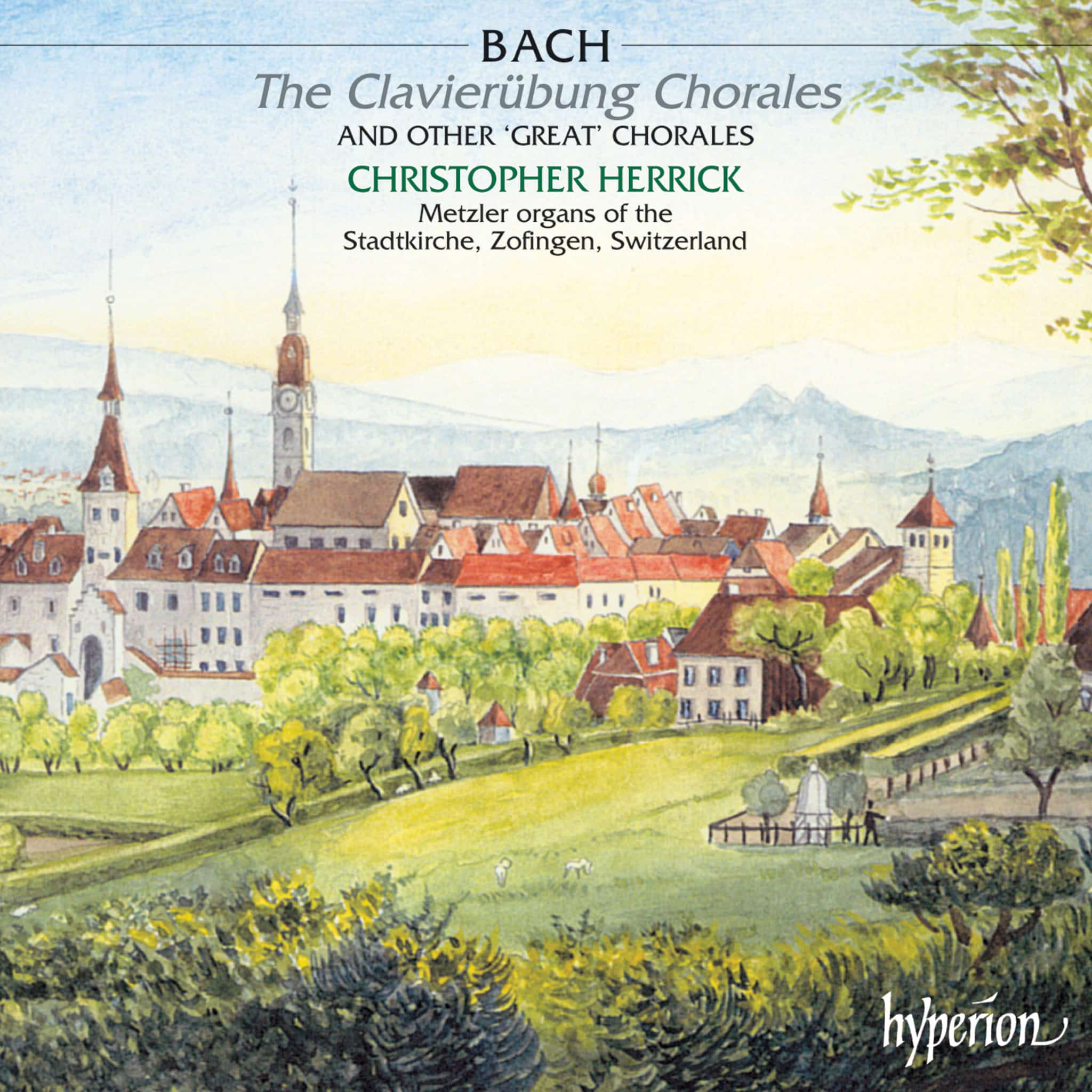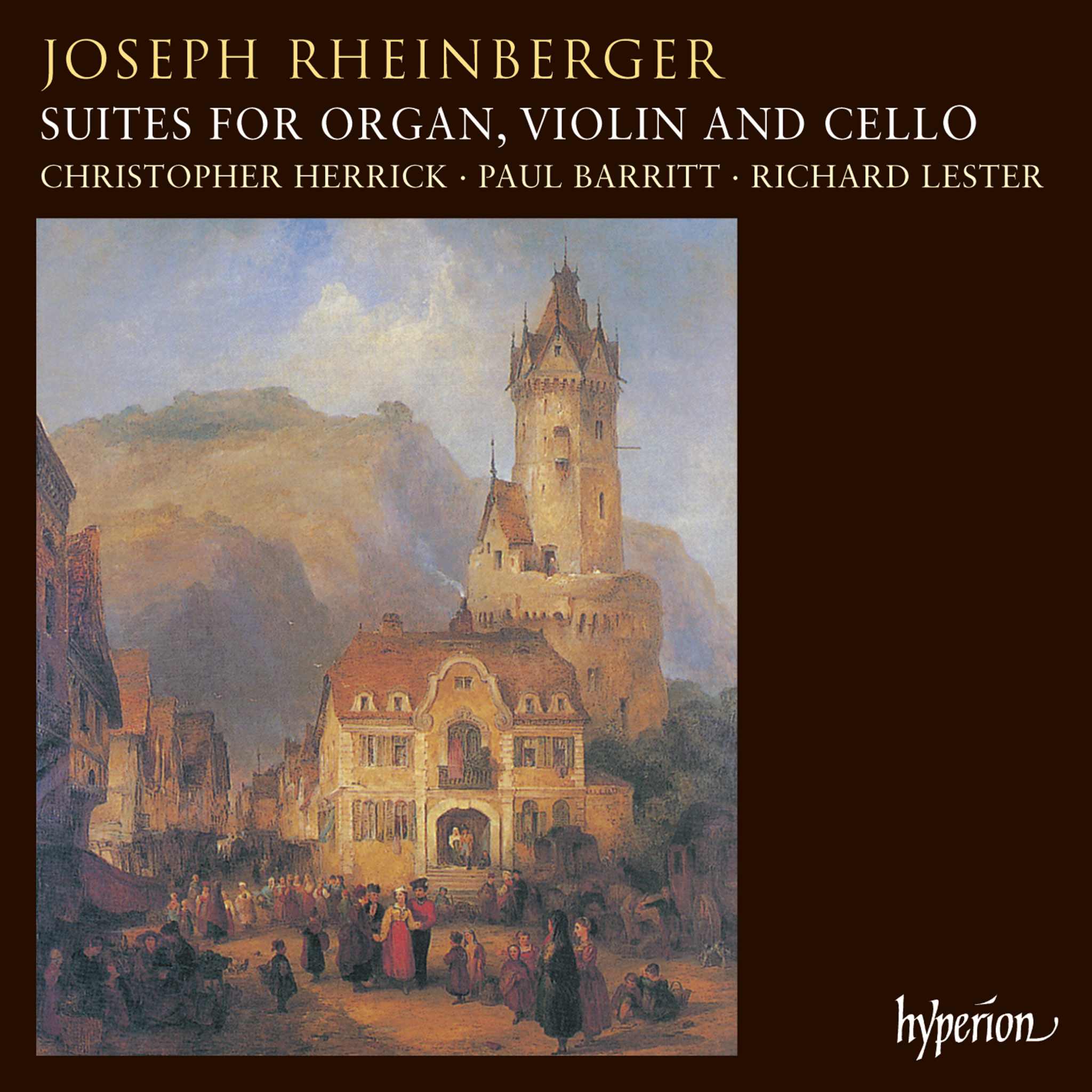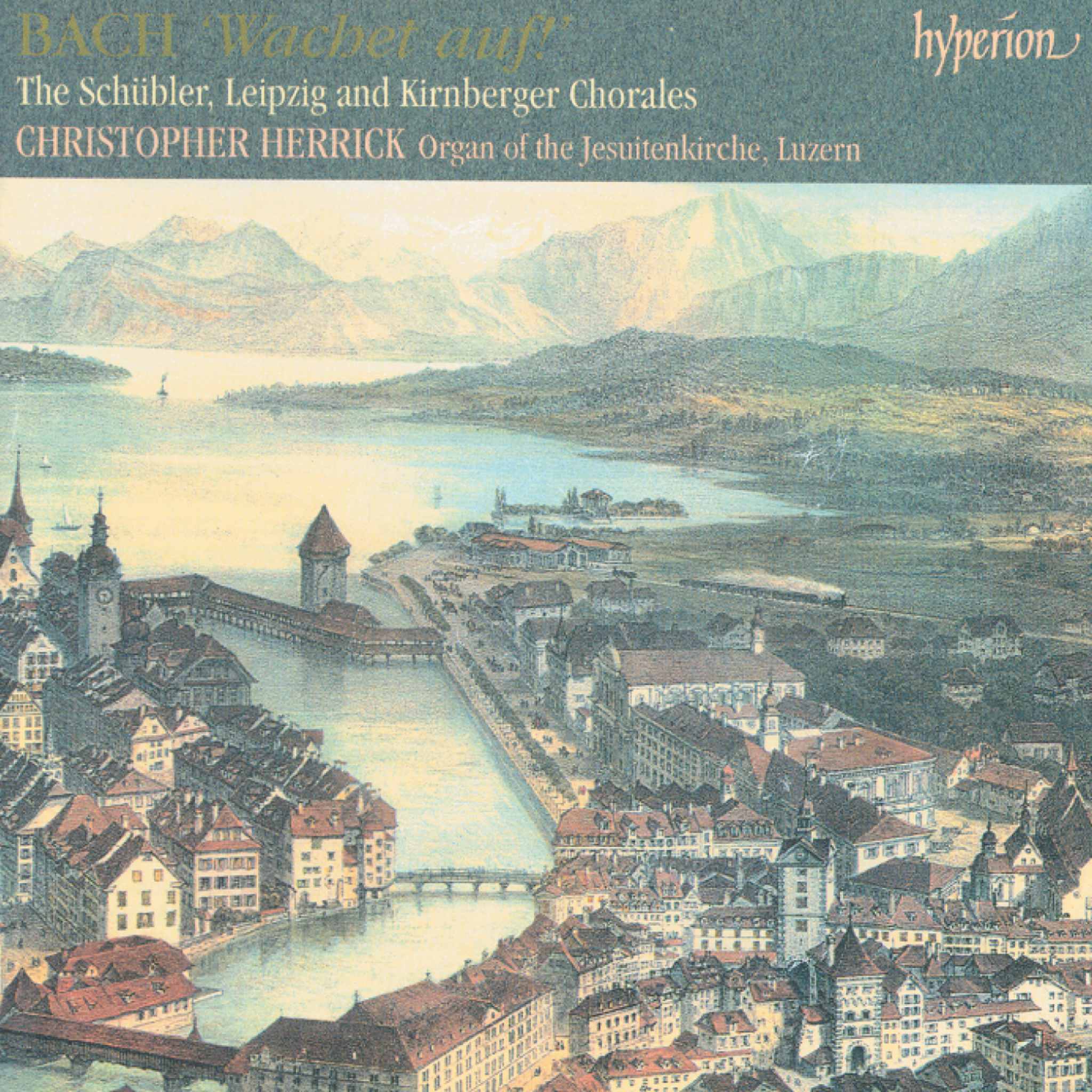David Johnson (1922–1988): Trumpet Melody in A Major
Traditionally, the trumpet was used to announce important occasions. In St. Bartholomew's Church, a trumpet melody sounds, offering worthy praise to the psalmists. This work impresses with its majestic effect, reminiscent of the inspiration of great cathedral builders. The composer, a professor of organ at Arizona State University in Tempe, drew inspiration from 17th-century English trumpet music as well as contemporary heraldic sounds.
Edwin H. Lemare (1865–1934): Toccata di Concerto, Op. 59
Lemare was one of the most enigmatic and arguably most important organ virtuosos of his time in the early 20th century. Unlike his contemporaries, who often remained within ecclesiastical or academic circles, he chose the path of the traveling artist. His Toccata di Concerto is an expression of his ambition to bring the sonic possibilities of the organ closer to an orchestra. The organist and journalist Harvey Grace described the piece as "an extremely difficult undertaking" due to its virtuosity, yet simultaneously praised its musical quality.
Dudley Buck (Snr) (1839–1909): Concert Variations on "The Star-Spangled Banner," Op. 23
Dudley Buck's Concert Variations on the American national anthem honor the heroic spirit of the defenders who held the banner high during a historic siege. A native of Hartford, Connecticut, Buck was a respected organist and composer who studied in Europe. His variations are a staple of many organ concertos and reflect his deep affinity for vocal music.
Alexandre Guilmant (1837–1911): Paraphrase on a Chorus from Handel's Judas Maccabee, "See the conqu'ring hero comes," Op. 90
Guilmant, a respected musicologist, composer, and concert organist in Paris, devoted himself to the arrangement of historical organ music. Handel's oratorios, in particular, inspired his own compositions. His paraphrase of the triumphant chorus from Judas Maccabee captivates with its power and grandeur, masterfully capturing the atmosphere of the original.
Percy Whitlock (1903–1946): Paean (No. 5 from Five Short Pieces)
The English organist Percy Whitlock was acclaimed for his distinctive playing style and his radio broadcasts. His piece "Paean" is part of a collection of five short works and demonstrates his compositional versatility at the organ.
Derek Bourgeois (b. 1941): Variations on a Theme by Herbert Howells, Op. 87
Derek Bourgeois, a renowned British composer and music educator, dedicated these variations to his mentor, Herbert Howells. The work's diverse sections reflect Bourgeois's affinity for brass sounds and underscore his musical sophistication.
Louis Vierne (1870–1937): Divertissement (No. 11 from 24 Pieces en style libre, Op. 31)
Louis Vierne's compositions are intended for performance during the Offertory. The "Divertissement" from his collection "24 Pieces in Free Style" demonstrates both the organist's technical skill and the adaptability of the organ's tonal possibilities.
Due to their level of difficulty, some of the works could not be performed in their entirety.



